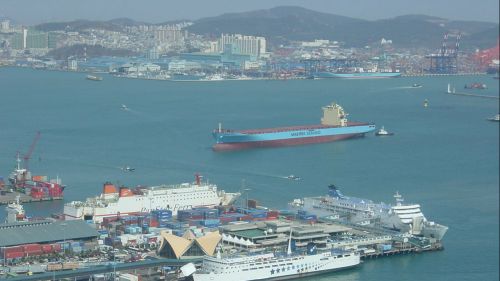In Korea-Japan Dispute, Japanese Public Backs Export Controls

Relations between Japan and South Korea are in free fall, with the two key US allies in Asia engaged in a steadily escalating economic conflict.
Japan and South Korea
The current crisis was sparked by a November 2018 decision by South Korea’s Supreme Court, which ruled in favor of South Koreans conscripted for labor by imperial Japan during the second world war.
Japan argues that these claims were settled in the 1965 treaty reestablishing relations between the two nations, and hinted it would retaliate if the South Korean government did not intervene. When no intervention was forthcoming, Japan decided to impose export controls on key components in South Korea’s semiconductor manufacturing industry.
Japan officially argues that these decisions are matters of national security. Japanese Foreign Minister Kono Taro, in a post on his official website (and translated by JapanForward), denies that these changes in Japanese export controls are retaliation. But the majority of FM Kono’s post deals not with the recent change in export controls, but instead, reviews the history of the 1965 treaty reestablishing relations between South Korea and Japan and past settlements of wartime labor claims. Observers are understandably skeptical that the two issues are unrelated.
As my colleague Karl Friedhoff noted in the Nikkei Asian Review, “It's clear that both sides made miscalculations in letting this get to this point, but are now so invested that backing away is going to be politically damaging.” And Japanese Prime Minister Abe, fresh off electoral victory in upper house elections (albeit one short of what he’d hoped for) is expected to up the ante on August 2 by removing South Korea from its export whitelist, which will force Japanese companies to seek governmental approval before exporting a range of materials to South Korea.
If anyone was looking to the Japanese public to put a brake on this downward spiral of relations, you’ll be disappointed. Instead, they’re behind the government. A Nikkei survey conducted July 26-28 found that 58 percent of the Japanese public supports the Japanese government’s decision to impose export controls for semiconductor materials on their way to South Korea. That’s similar to results from a July 22-23 Yomiuri Shimbun poll, which found that 71 percent supported the decision.
If this dispute continues, it’s not hard to imagine broader effects on public opinion. This could be the beginning of a long downward spiral in bilateral views.

